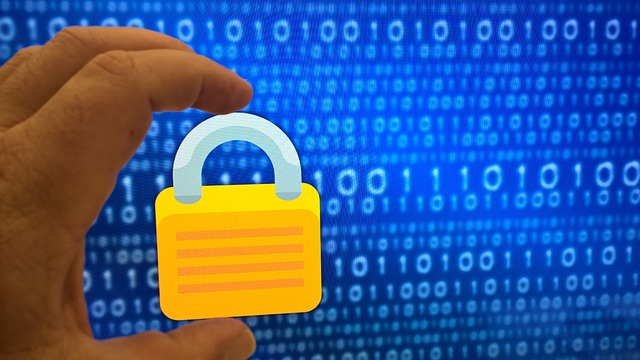
Top 15 Password Management Best Practices
Choose a hard-to-guess, but easy-to-remember password!!

In today’s digital age, security of your personal data is very important. Thus, passwords became essential in protecting personal information and preventing unauthorized access.
Not everyone likes passwords because they are cumbersome and hard to remember. Many industries experimented biometrics such as fingerprints and face-scanning technology, but they are not so reliable, so many going back to old password system.
Managing passwords is a hard task. Password security is also important because passwords are the first line of defense against cybercriminals. Based on the research, 80% of hacks involve the theft or reuse of employee passwords.
Lack of employee education and corporate negligence will eventually lead to theft of your information (or money from online banking!). Training your personnel about password security and password protection, will prevent cyber crimes to a certain extent.
Password Management Best Practices
- Use strong, unique passwords
- Avoid recycling the same password across multiple accounts.
- After 90 days, rotate passwords.
- Test the strength of your password with an online strength-testing tool.
- Consider a password manager which function as digital books of passwords.
- Prioritize longer passwords. The longer the password, the stronger the password.
- Apply password encryption. Password encryption offers additional protection.
- Implement multi-factor authentication. Multi-factor or two-factor authentication prevents hackers from accessing your portals or network after cracking simple passwords.
- Ensure that your organization uses up-to-date anti-malware and vulnerability management solutions.
- Adopt the practice of changing corporate account passwords after an employee leaves the enterprise.
- Avoid accessing accounts as ‘root’ or ‘administrator.’ Use your own login and switch user (SUDO) or “run as” in order to execute administration commands.
- Establish password audits.
- Limit incorrect login attempts to 5 or fewer.
- Allow passwords to be 64 characters long or longer, rather than limiting the length to 10 characters.
- Send employees password best practices reminders.
Conclusion
Passwords play an important role in the data security landscape. Weak password management will make your organization vulnerable and cause biggest threat to the organization’s well-being. Security and IT teams must educate employees about best password management practices. This will help passwords to serve as a backbone to any good cyber security strategy.